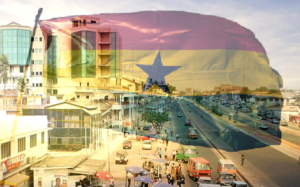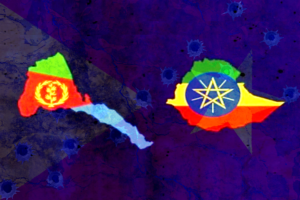Governance in Africa and the top 10 Best-Governed African Nations in 2025: Balancing Progress, Crisis and Human Cost
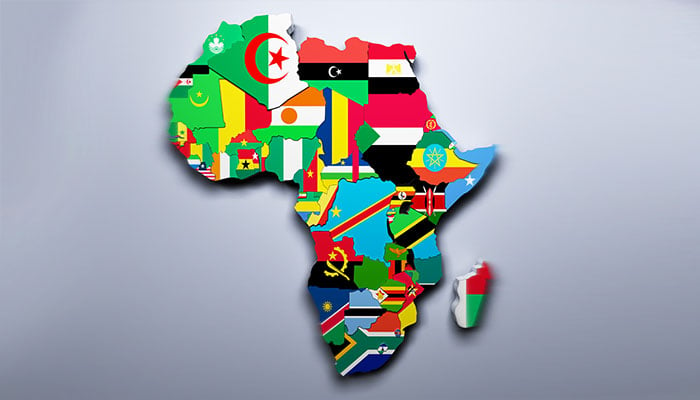
The quality of governance remains one of the most decisive factors shaping Africa’s development trajectory, influencing everything from economic stability to social cohesion and even the resilience of families and communities. The latest Country Governance and Government Index (CGGI), an annual survey that evaluates 120 governments across 35 indicators, underscores the urgent stakes for African nations: between 2021 and 2025, more than half of all assessed countries experienced a decline in governance performance.

For Africa, the findings tell a story of uneven progress. While some countries have managed to strengthen institutions and improve accountability, others are grappling with widening governance gaps, leaving families vulnerable, businesses unstable, and political systems under pressure.
According to the CGGI’s 2025 rankings, the following African nations stand out for good governance performance:
- Mauritius – Praised for institutional efficiency, rule of law, and robust democratic practices.
- Botswana – Known for strong anti-corruption measures and fiscal prudence.
- Rwanda – Commended for effective policy implementation and digital governance reforms.
- Seychelles – Small but consistent in public accountability and social service delivery.
- South Africa – Despite political turbulence, its judiciary and civil society remain strong.
- Namibia – Stability and public-sector transparency drive its ranking.
- Ghana – Commended for peaceful transitions of power and a vibrant civil society.
- Cape Verde – Strong democratic governance and effective policy continuity.
- Kenya – Significant progress in institutional reforms and regional diplomacy.
- Senegal – Increasingly recognized for inclusive governance and investment in education.
The Framework of Governance
The CGGI measures governance through a multi-dimensional framework: policy implementation, institutional efficiency, and public accountability. These dimensions are not abstract markers, they directly affect whether children attend school, businesses access reliable energy, or communities feel secure.
Governance, in this sense, is not merely about the state; it is the ecosystem that determines whether growth translates into better lives. Strong governance means roads are built and maintained, hospitals are staffed and equipped, and corruption is minimized. Weak governance, on the other hand, ripples through society are driving up unemployment, eroding trust in political systems and even destabilizing cultural and familial bonds.
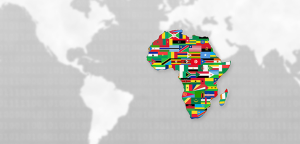
Economic and Political Realities
Between 2021 and 2025, Africa’s mixed governance record has carried tangible economic consequences. Investor confidence is increasingly tied to governance indicators, with multinationals and regional development banks scrutinizing institutional strength before committing capital.
Countries with effective governance have been able to secure long-term financing and attract sustainable foreign investment, fueling infrastructure development and technological innovation. Meanwhile, poorly governed states face capital flight, currency instability, and in some cases, political unrest.
Politically, governance failures also amplify tensions across borders. Weak states often become flashpoints for migration crises, illicit trade, and regional instability, putting pressure on neighboring countries and multilateral institutions.
The Human Dimension
Beyond macroeconomics and politics, governance failures carry a deeply human cost. Families bear the brunt when hospitals run short of medicine or schools cannot retain teachers. Social bonds weaken when corruption erodes trust in leadership, creating disillusionment, especially among Africa’s vast youth population.
In cultural terms, governance breakdowns can accelerate identity crises, with communities turning inward towards ethnic, religious or regional affiliations when government systems fail. Conversely, where governance is strong, cultural diversity becomes a unifying strength, as seen in nations that have integrated traditional leadership structures with modern state institutions.
For ordinary citizens, governance is experienced in daily choices: whether food is affordable, whether public transport runs on time, whether justice can be accessed without bribes. It is in these spaces that governance determines dignity, opportunity, and hope.
Regional Actors and Global Stakes
The governance story in Africa does not unfold in isolation. Regional blocs such as the African Union (AU) and sub-regional organizations like ECOWAS and the East African Community (EAC) play an increasingly important role in enforcing accountability, mediating political crises, and fostering regional stability.
At the global level, shifts in governance performance affect how Africa is perceived by its partners. International lenders, foreign investors and geopolitical powers, from China to Europe, to the United States/South Americas, factor good governance performance into their engagement strategies. Nations with higher governance scores not only attract more investment but also enjoy stronger diplomatic leverage.
Signs of Resilience
Despite the overall decline highlighted in the CGGI, several African countries have bucked the trend, demonstrating that governance reforms can yield real dividends.
These nations have invested in transparent policymaking, strengthened independent institutions, and embraced technology to improve service delivery. The results are evident: higher growth rates, lower corruption perceptions, improved education systems, and more resilient social fabrics.
Broader Implications
The CGGI’s findings highlight the widening divergence in Africa’s governance landscape. For well-governed nations, the future offers opportunities to lead as regional anchors of stability and prosperity. For those sliding backward, the risk is stark: weakened economies, social fragmentation, and greater vulnerability to external shocks.
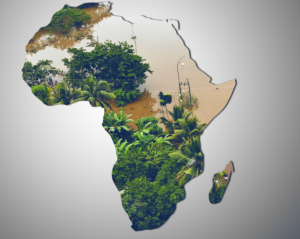

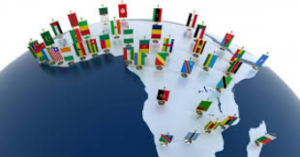
Ultimately, governance is more than a score on an index. It is the architecture upon which societies build their futures, where the choices of leaders ripple into the lives of millions. In Africa’s governance story, families, businesses and communities are not just observers, they are the stakeholders who feel its consequences most profoundly.


